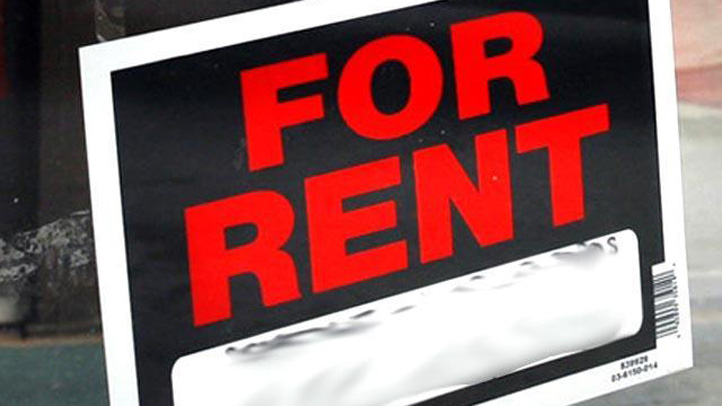What to Know
- Buying phones used can save money, but previously-owned phones can potentially hide security and privacy risks
- Security experts say you should ask a private seller to perform a factory reset in your presence before you pay for a used phone
- You can check a phone's serial number by dialing *#06#, then search StolenPhoneChecker.org to see if the phone is reported stolen
We buy used cars and used homes. So, why not a used smart-phone?
Nerdwallet.com finance writer Kelsey Sheehy says previously-owned phones can be a great option for the budget-conscious.
"A used phone may have some dings and scratches, but the money you save will more than cover a case to hide those imperfections," Sheehy said.
Sheehy told our NBC San Diego Responds team there's some serious money to be saved going pre-owned.
"You can save hundreds of dollars if you buy a used phone instead of a new one," Sheehy said.
Not everyone is sold on that idea. Aaron Cockerill, chief strategy officer at San Francisco-based mobile security firm Lookout, says a used phone might contain hidden software.
Local
"Those devices could be used to perform surveillance of you," Cockerill said. "They can use the microphone or camera; listen to your calls; or intercept all your communications."
That's an open door to identity theft. Your photos and videos might be a target, too. Cockerill says Lookout has found some phones surreptitiously logged in to shady cloud accounts. In other words, your private data would be automatically saved to a prospective ID thief's cloud account.
"Then the bad guy has access to that information as it gets synchronized off the phone," he said.
The good news: pre-owned, refurbished phones sold directly by manufacturers and major carriers should be safer. Cockerill says buying a secondhand phone from a carrier or a reputable store might have built-in protection, or a safety guarantee.
Those safeguards are likely not part of the package when you buy a phone from a private party. If you do a person-to-person deal, Cockerill strongly advises you watch the seller "wipe" the phone's memory clear, and reset it.
"[You should see] a complete factory reset in the presence of the person that is selling it," Cockerill said.
If the seller can't, or won't perform a factory reset for you: "It's likely stolen," he said.
Even if the seller does erase and reset the phone in your presence, you should still check to see if it's been reported missing or stolen. That takes two steps: first, get the phone's serial number. Dial *#06#. (That's star-pound-zero-six-pound.) Your phone will then display its serial number, and other identifiers, like its IMEI number.
Once you have the serial number, look it up on StolenPhoneChecker.org. That's a free, real-time database run by the wireless phone industry. If you see the phone listed there, it's likely stolen.
"You can't reset the phone" if it's listed as stolen, Cockerill said. "It becomes useless to you."



